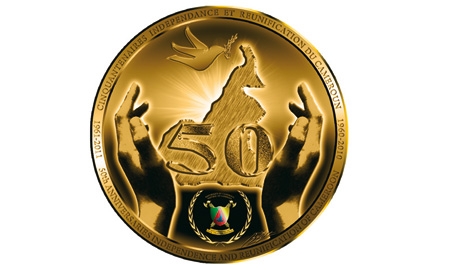The Minister says legislation reforming the electoral process – including the 2000 creation of the National Elections Observatory, the 2006 creation of a national electoral commission, Elecam, and subsequent modification in 2010 in the laws governing Elecam that widens political representation within the body – have paved the way for protecting fairness in the presidential elections to be held in October.
Mr Ali, who has headed the justice department since 2001, is also leading the country’s efforts to eradicate corruption. An anti-corruption campaign, known as Operation Epervier (Operation Sparrow Hawk), was launched in 2005 targeting embezzlement and mismanagement of public funds among public officials. The campaign was supported by the creation of the National Agency for Financial Investigations (ANIF) that same year, aimed at eradicating money laundering and financial terrorism, and the National Anti-Corruption Commission (CONAC), which has branches in all Government ministries, the following year.
Also in 2005, Parliament passed a bill to harmonise the penal codes of the French and English-speaking parts of the country. Article 66 in Cameroon’s constitution stipulates that those overseeing public funds declare their possessions. A law on the subject was passed in 2006 that requires state administrators and managers to disclose their assets upon entering and when leaving office. The Code of Penal Procedures 2005 came into force in January 2007.
In February 2007, a further effort to combat corruption was introduced in the form of the three-year CHOC-Cameroon programme (with CHOC standing for Change Habits, Oppose Corruption). Backed by the support of international donors, the programme is intended to create a national governance programme, enforced by CONAC and ANIF.
These developments have led to a string of convictions of high-ranking officials on corruption and embezzlement charges starting from 2006. The resulting impact on Cameroon’s good governance and transparency, and subsequently its business environment, has been positive. It has also boosted efforts under way since 2000 in the National Governance Programme that aim at improving public accountability. Both the Government and Cameroonian companies have lost cases against foreign partners before national courts in recent years.
All of these efforts to enhance good governance and transparency will serve the country well as it heads into presidential elections this year. In March, further amendments were made to the country’s electoral process, including the passing of two laws expanding Elecam’s board from 12 to 18 members and granting the Constitutional Council the exclusive right to publish election results.

0 COMMENTS